

The Ministry of Justice, in collaboration with the United Nations Development Programme (UNDP) and Global Affairs Canada, unveiled the SO-JUST social justice project on Tuesday (February 20).
Central to SO-JUST are the four pillars of social justice: equity, access, participation, and rights. These principles will drive the transformation of justice services, ensuring inclusivity and responsiveness to the diverse needs of the population.
This initiative, launched under the World Social Justice Day theme, “Bridging gaps building alliances,” mirrors the collaborative spirit of the SO-JUST initiative. The primary objective of the SO-JUST initiative is to simplify and streamline the justice system, making it more user-friendly and comprehensible for the Jamaican populace. Through collaboration with state and non-state entities, the project endeavours to ensure equitable access to justice across all segments of society.

Grace Ann Stewart-Mcfarlane, Permanent Secretary of the Ministry of Justice, started the programme by encouraging attendees to consider a world, “where you are born deaf in a society, where everyone else can speak, leaving you unable to fully express yourself. Picture experiencing any kind of physical or mental challenges that hinder your ability to communicate effectively, leading to misunderstandings.”

She highlighted that these occurrences are not improbable, and this is where a fair justice system comes in as an entity that is willing to stand up for those in need.
“The ministry recognises that their [the disabled] needs and has taken action to alleviate some of the challenges they encounter.” She added, “The creation of the Social Justice division in 2022, at the Ministry of Justice… underscores our commitment to the social justice services [locally].”
On behalf of the Ministry of Justice and Jamaica, She thanked both the GAC and the UNDP for their collaboration with the SO-JUST.
“Through our Legal Aid Counsel, lead by executive director Diane Watson, we hosted an inaugural Legal Aid Justice fair for people with disabilities and reached over 200 individuals… this event in partnership with the Jamaica Council for Persons with Disabilities (JCPD) successfully addressed the needs of those requiring access to justice services.”
“Furthermore the counsel is training twenty lawyers and some ministry staff in Jamaican sign language in collaboration with the Jamaica Association for the Deaf, our newfound ally.”
She added that the Child Diversion Branch partnered with Children First to implement community initiatives; raising awareness.

UNDP specialist Stacy-Ann Tomlinson-Knox gave an address that left the room still, introspective thoughts, asking the audience to close their eyes and imagine… “Imagine a Jamaica where those people who are underserved, like people with disabilities, women, children and youth, persons from rural areas can all access justice regardless of their abilities, gender, vulnerabilities of geographic location. Imagine a Jamaica where information is in brail, sign language, interpretation is available for the deaf, access ramps for wheelchairs, proper separated facilities for women, children in crisis…now imagine if this is the norm and not the exception.”
The room took their first breath after that exercise. A deep sense of hope filled their lungs as Mrs Tomlinson-Knox spoke.
“The UNDP is a proud partner…what does success [of social justice] look like? It means that we would have achieved peace, justice and stronger institutions. Gender equality, reduced inequalities.”
She also added that she was happy to see the CSOs present since she started with NGOs such as the Red Cross in years prior.
“Because of your [Children First and Jamaica Association for the Deaf] deep connection and experience with those who are currently being underserved, you bring a sensitive and nuanced approach that is likely to boost participation and access.”
She ended by reiterating the UNDP is calling for deepened engagement, and financial participation of CSOs to continue to bolster the efforts that they all have in common. She ended with the UNDP’s commitment to strengthening access to justice globally and hoisted their support for this “bold vision” of a SO-JUST.
“As I closed my eyes, they did not remain dry.” Said Watson, as she gave her thoughts on Tomlinson-Knox’s presentation.

Chris Deselva, from Global Affairs Canada, came with a message of continued allyship, “Canada has promoted social justice in Jamaica over many, many years… we’ve doubled down… We’ve helped in areas such as legal aid support, providing funding and technical assistance to enhance, Jamaica’s legal aid system… Canada has helped strengthen capacity by partnering with Justice Training Institutes on programmes, training and workshops.”
He stated that CSOs play a vital role in social reform. He highlighted that they are often the bridge between the government, communities and other stakeholders in bringing about inclusive change. He stated that without them, could not advance social justice as quickly or as effectively as GAC would like to.
He ended by congratulating both Children First and Jamaica Association for the Deaf, reiterating Canada’s commitment to continue working with Jamaica to achieve Justice reform.
The CSO’s

Children First, established in 1997, has had a mission to help the underserved children for twenty-seven years. Their mission is to “work with [the] street, working and vulnerable children, to improve their life opportunities and enable their contribution to society, through active engagement with children and young people, their families…”. Its executive director Claudette Pious iterated these points throughout her address.
“We have pioneered initiatives such as the ‘Bashy Bus’, which is Jamaica’s first mobile reproductive, health and information service, serving our adolescents.” She said. “Now in extension serving families.”
Children First added psychosocial support, behaviour modification and mental health to their list of children-focused initiatives. Pious laude especially their behaviour modification efforts.
“The BETTA Project”: A SO-JUST Project, their contribution to the programme aims to achieve, “Youth Delinquency Intervention empower and sensitise children in conflict or contact with the law and their families through community interventions, innovative education, and awareness initiatives for holistic well-being and rights protection” (Childrenfirstja.org)
So far, BETTA has a goal of increasing understanding among 560 community members in the 3 parishes regarding their knowledge of legal support services. Increased awareness among 12 children in the 3 parishes on their rights, responsibilities, and court processes when in contact with the law. Increased knowledge of 200 parents or guardians on court processes for children in contact with the law.
She stated that she is excited to be in the company of other CSOs and to be taking part in this initiative since “Children First as an organisation is committed to making a difference in the lives of the children we serve.”

Kimberly Mariott-Blake, executive director of the Jamaica Association for the Deaf, started off her presentation with a charge directed a the audience, “We cannot leave here the same way we came” she said before letting us know she expected us to learn at least one ‘sign’ today. With the help of the interpreter and sign language teacher, the word ‘Justice’ was demonstrated and the crowd tried their hand at it.
“We have seven programmes, from preschool to secondary education in four parishes.” She said, “Our social services team is engaged in family support, transitional support… advocacy work.” Marriot-Blake said. “In 2024 we are working with a goal of ensuring we have more partnerships for sustainability and growth.”
“Our key objective is to improve access to justice services for deaf and hard-of-hearing persons through the empowerment of service providers.”

The JAD will be ensuring that up to 100 persons across the island gain access to ‘sensitization’ information surrounding the deaf and hard of hearing. To ensure that deaf and hard of hearing persons can get the assistance they need in organisations, more “How can I help you” and less ‘running away’ as Marriott-Blake puts it.
The development of a manual is underway at the association that will teach some of the better practices to guide communication with support that hopes to improve service toward the deaf and hard of hearing.
So far, JAD has had sensitisation training with 36 justice service providers, a large number of the participants according to Marriott-Black, that their understanding was significantly improved. 94 per cent of the respondents stated that they would recommend this training to others.
“I don’t want us to leave here thinking the work will be done when the project is over, there is much to be done.”
The SO-JUST project has a JM$1.3 billion budget, or CAN$12 million that will be implemented toward social justice endeavours till 2030, according to the Ministry of Justice’s site summary.
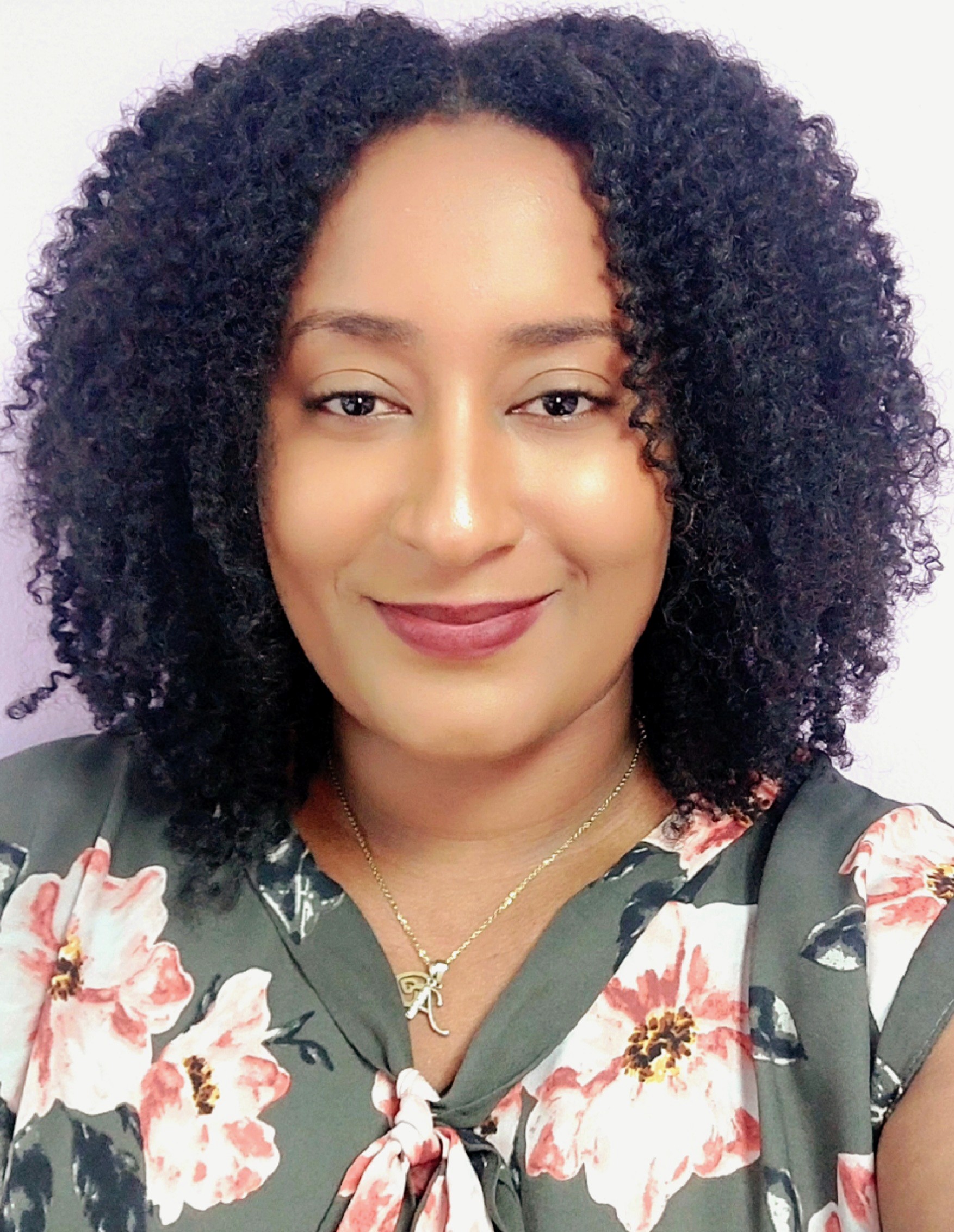
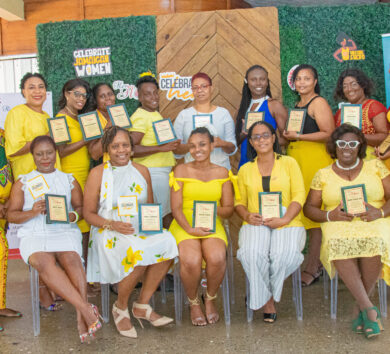

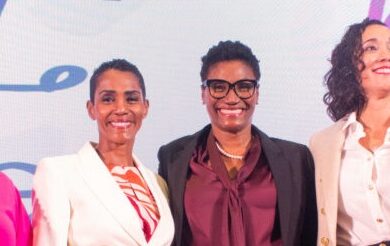
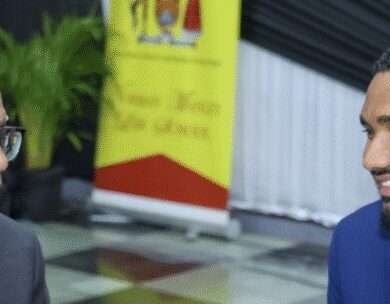
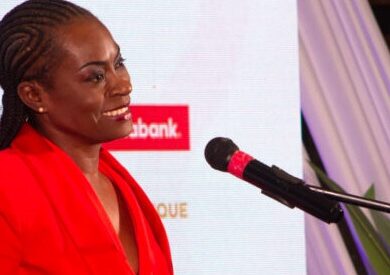
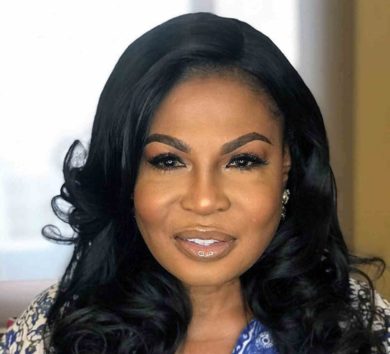
Comments